“This was our perfect paradise” said Tony Sloan of the home he and his wife built for their retirement.
It looks out across a small, gently sloping valley on the north Devon coast, the fields gradually falling away towards the sea.
It is here that cables about 2,500 miles (4,000km) long could come ashore, bringing wind and solar energy to the UK from Morocco in a project declared to be of national significance by the UK government.
“I feel devastated,” said the 76-year-old. “The area will be in chaos for years.”
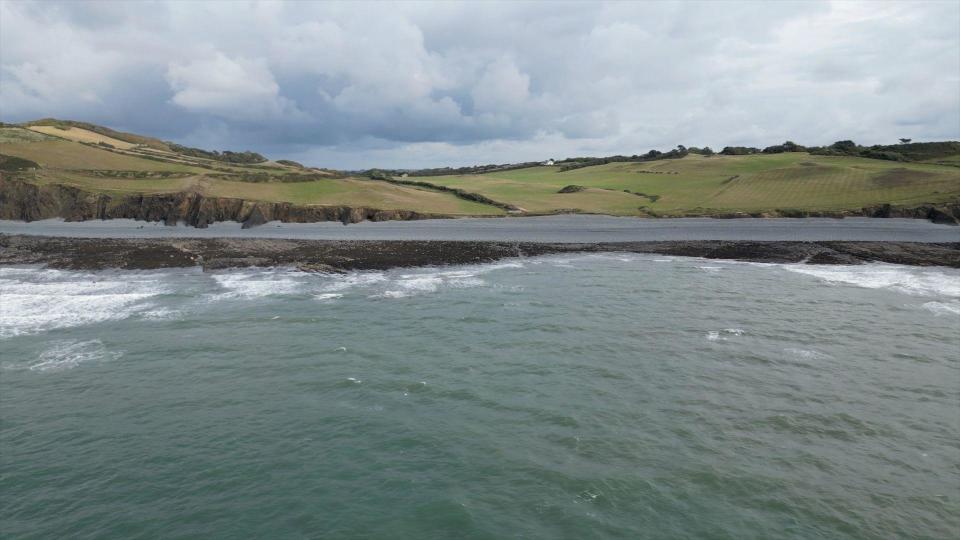

His wife, Ann Sloan, 75, said the scale of the planned project was “colossal”.
She said: “It’s quiet, you can hear the birds but with this proposal we’re going to have noise, lights, lorries and drilling.”
Mr Sloan added: “What tourists will want to come here when the area is completely disrupted?”
‘World’s longest cable’
Those behind the proposed Xlinks Morocco-UK Power Project say it could provide electricity for seven million homes by the early 2030s.
Chief executive officer James Humfrey said it would deliver energy “when the UK needs it most, in the evenings”.
“This will be the longest cable in the world but it is the same technology that’s been used elsewhere. This is tried and tested technology.”
Mr Humfrey said “I understand residents’ concerns and we want to work on those”, adding the scheme was a nationally significant infrastructure project that could help reduce the UK’s CO2 emissions.
The cables would connect to a solar, wind and battery farm in Morocco, importing renewable energy to the national grid.
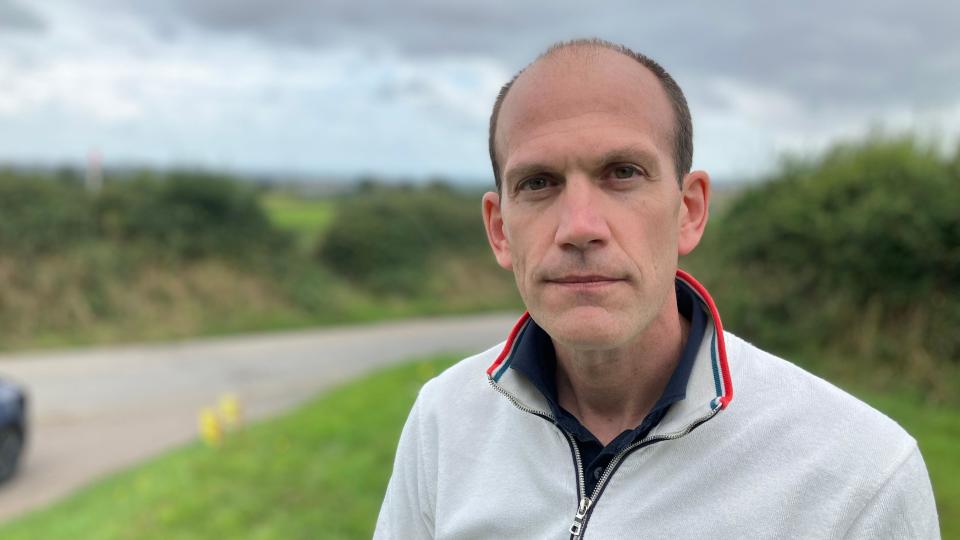

Over a period of up to two years, four cables would be buried onshore in north Devon along a route of about nine miles (14.5km).
A new electricity substation would also be built next to the existing substation at Alverdiscott, along with two new converter stations, on a site of about 32 hectares (79 acres).
If planning permission is granted, the construction work in Devon would take six years.
‘Crazy idea’
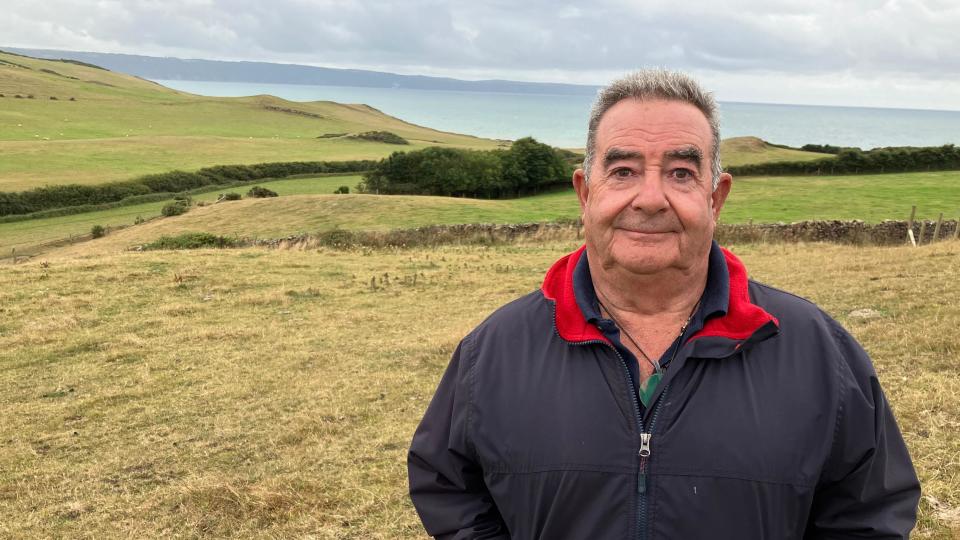

“I like the idea of green energy but to bring it over from Morocco, I think it’s a crazy idea,” said farmer David Lomas, who owns the land where the cables would come ashore.
The 69-year-old said he faces losing use of “20% of his productive agricultural land” during the construction of the project.
He added: “It’s going to disrupt the local community as well as the landowners, for at least five years if not more.”
Last year the government recognised the UK elements of the Xlinks Morocco-UK Power Project as nationally significant.
The next stages of the planning process are complex and could take several years and a final decision on whether the scheme will go ahead will be made by the secretary of state.
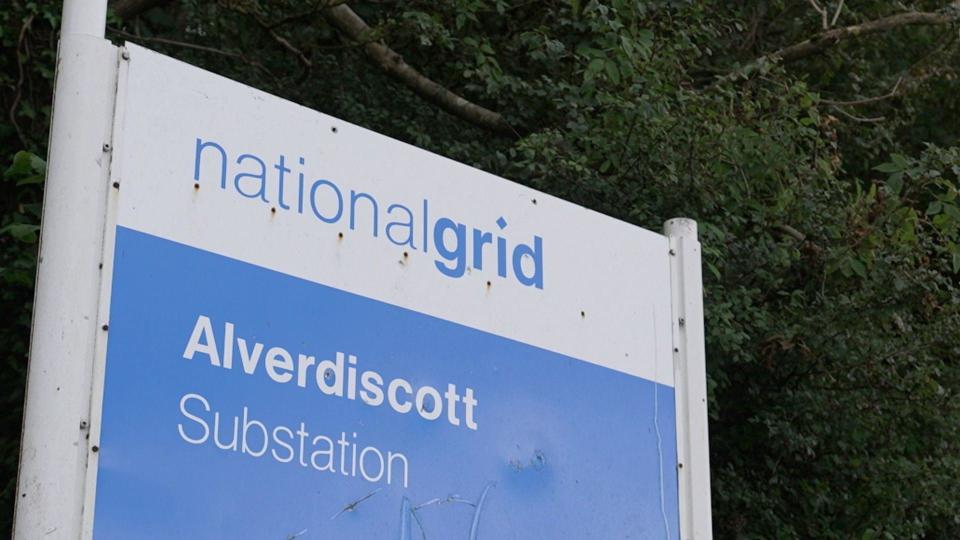

‘Best place’
Mr Humphrey said Xlinks believed the location was the “best place” for the cables to come ashore.
“We’ve worked with National Grid and this is a point where we don’t need to do major grid upgrades. And there’s need for the electricity in the South West, as well as connecting to the wider grid,” he said.
The company anticipates the project could result in around 545 additional vehicle movements a day, including 105 by heavy goods vehicles.
Most would be travelling to and from the converter station site near Alverdiscott sub station.
Temporary haul roads would also be built in fields to take construction traffic off public roads, alongside compounds to minimise the number of trips.
An existing country lane could be widened in places to allow for the transportation of “abnormal indivisible loads”, such as transformers.
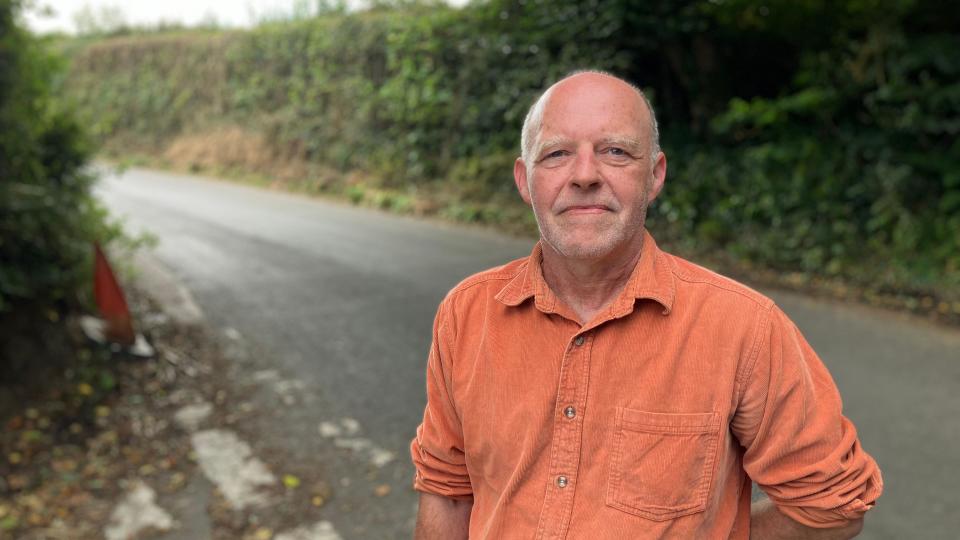

“It’s stressful” said Adam Bridge who lives close to a proposed haul road.
“It will completely change living here, it’s quiet and peaceful. It will essentially be a building site running right up next to the house,” the 59-year-old said.
The project is estimated to cost between £22bn and £24bn and those behind it say it will be funded by shareholders and investors.
“We’ve got very strong shareholder support, we’ve worked very well with the Morocco government itself, the UK government and we’ve had a lot of interest from other investors and banks,” Mr Humfrey said.
‘Global grid’
“If you go back to the late 80s British telecom did the first internet cable and now there are hundreds criss-crossing the world and we believe that this, which will be the first long distance transmission cable for electricity, you’ll see the same thing happen.
“You’ll have a global grid and that will allow us to large scale renewable power across the world and decarbonise what is the largest source of CO2 emissions globally.”
A Department for Energy Security and Net Zero spokesperson said: “We are taking immediate action in our mission to make Britain a clean energy superpower.
“We have already swept away barriers to onshore wind, consented more solar power than has been installed in the past year and set out plans for a solar rooftop revolution.
“The new publicly owned Great British Energy – backed by £8.3bn – will also drive forward investment in clean, homegrown energy projects.”
Follow BBC Devon on X (formerly Twitter), Facebook and Instagram. Send your story ideas to spotlight@bbc.co.uk.





